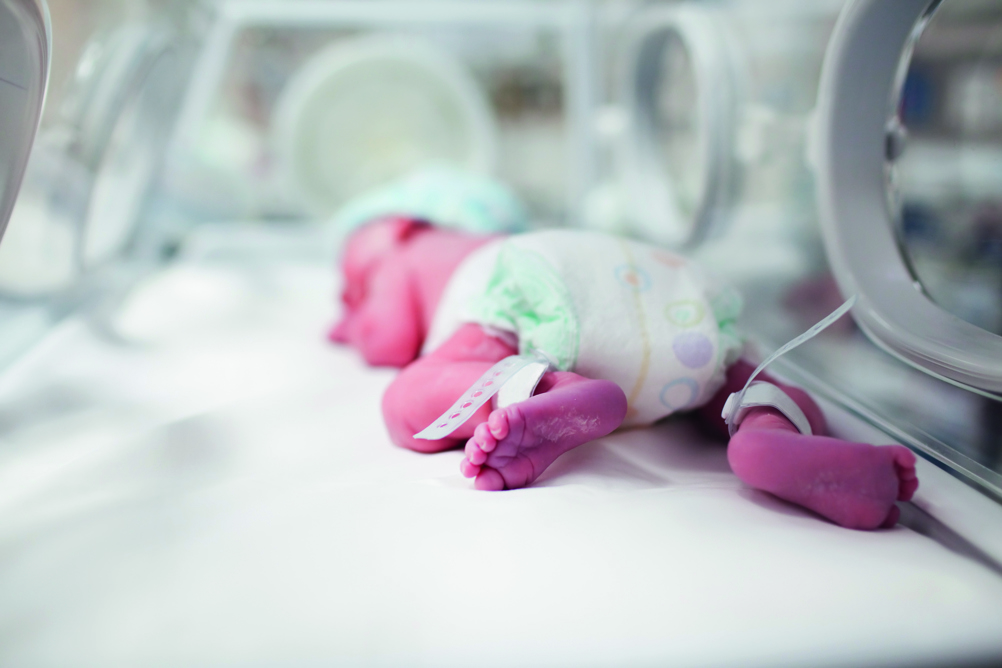
A recent survey completed by 242 parents of babies who received neonatal care from March to October, undertaken by Bliss also found that 39 per cent of parents said that the unit where their baby was cared for imposed time limits on how long parents could be with their baby for – some as little as two hours a day.
This was particularly acute for parents of the sickest babies – those who spent more than four weeks in hospital – with just under three-quarters (74 per cent) of them saying that restrictions on access affected their ability to be with their baby.
These limitations on parents’ presence at their babies’ cot side has had an enormous impact on families, with more than two fifths saying it affected their ability to bond with their baby.
Seventy percent of survey respondents also reported their mental health and wellbeing had been negatively affected, with this rising to 74 per cent for parents whose babies had extended stays.
Register now to continue reading
Thank you for visiting Nursery World and making use of our archive of more than 35,000 expert features, subject guides, case studies and policy updates. Why not register today and enjoy the following great benefits:
What's included
-
Free access to 4 subscriber-only articles per month
-
Unlimited access to news and opinion
-
Email newsletter providing activity ideas, best practice and breaking news
Already have an account? Sign in here
